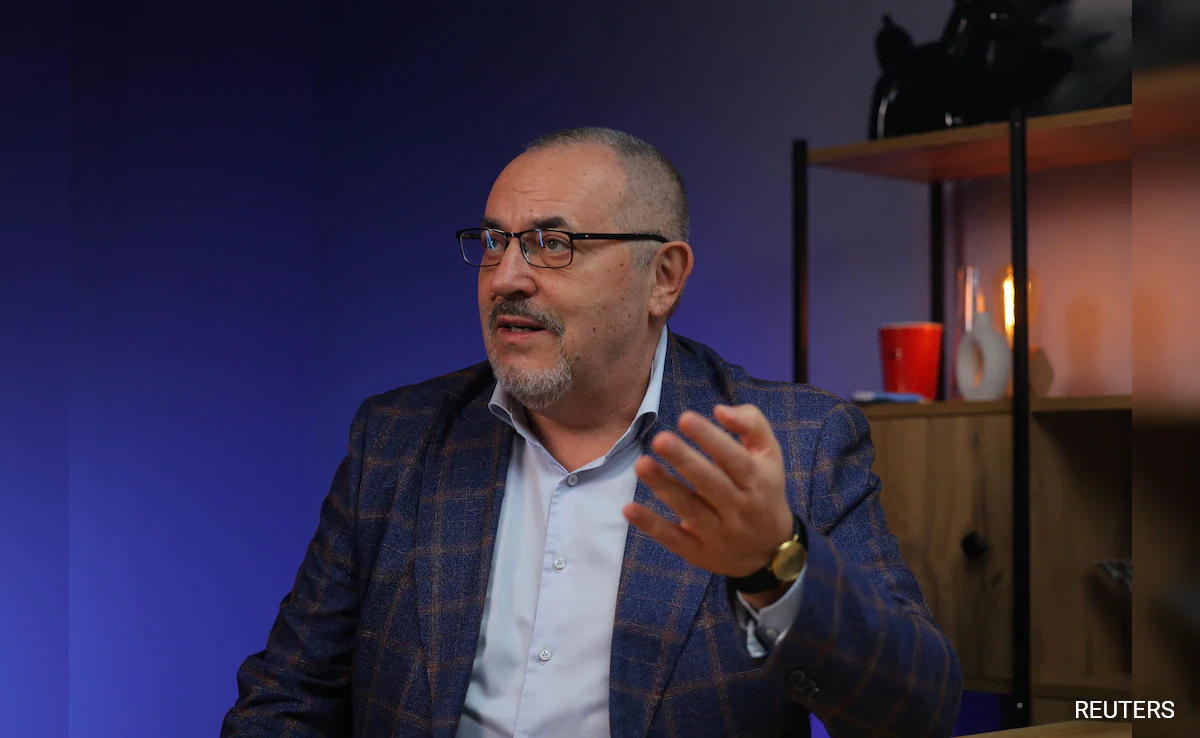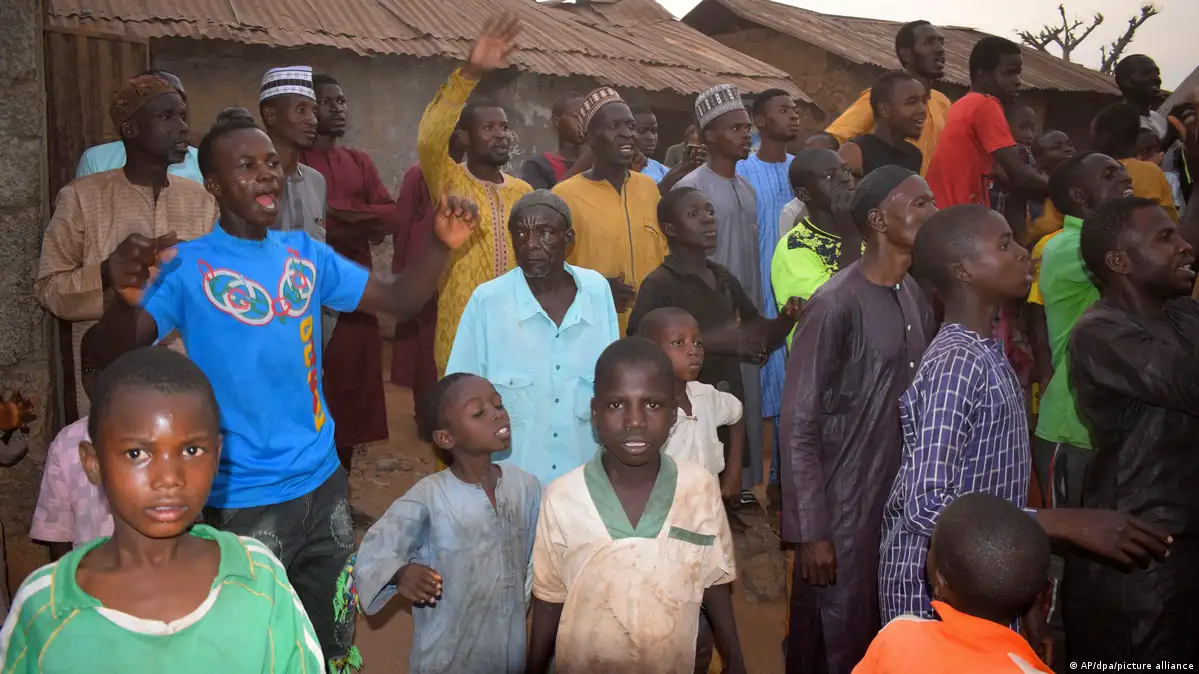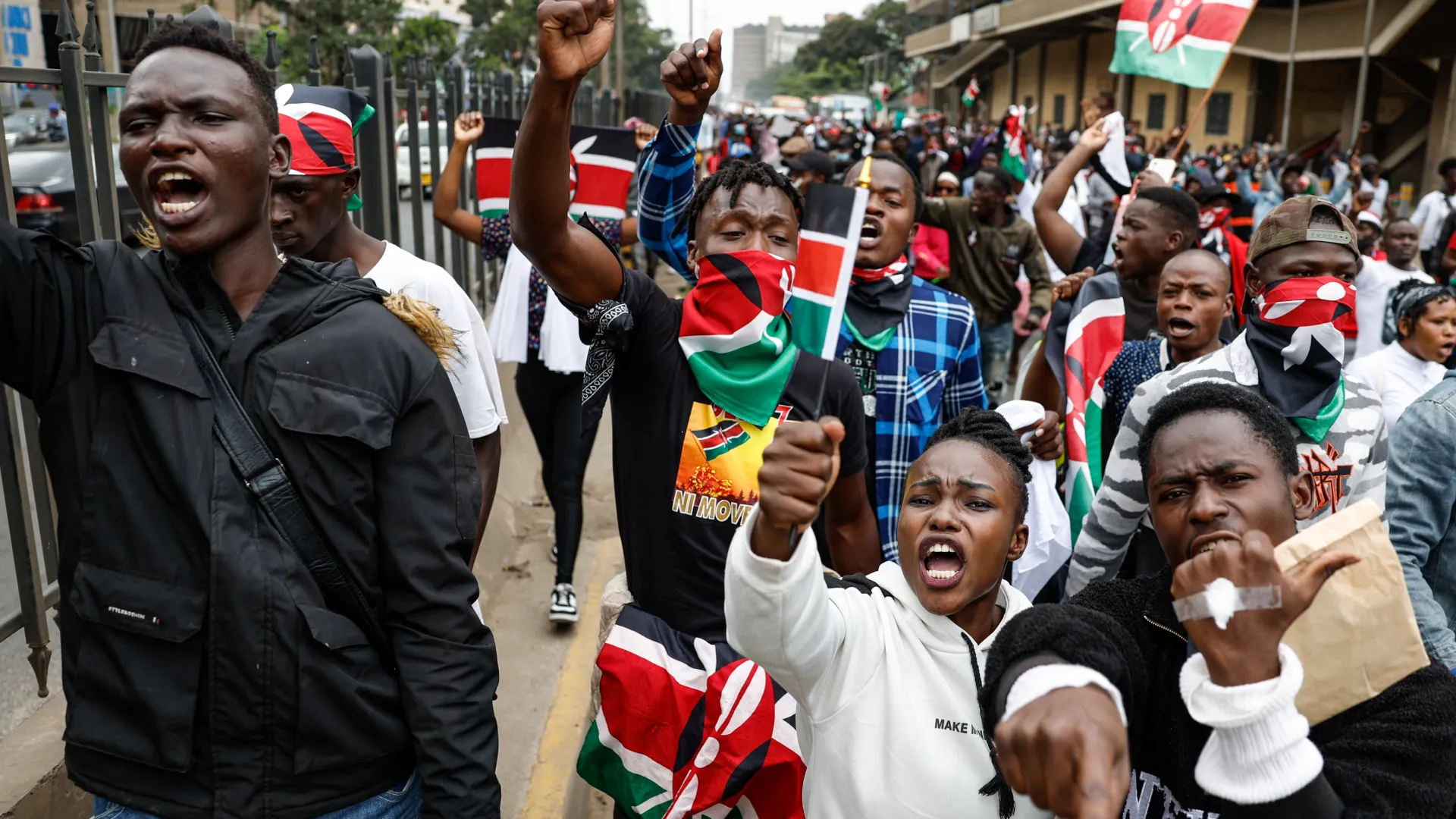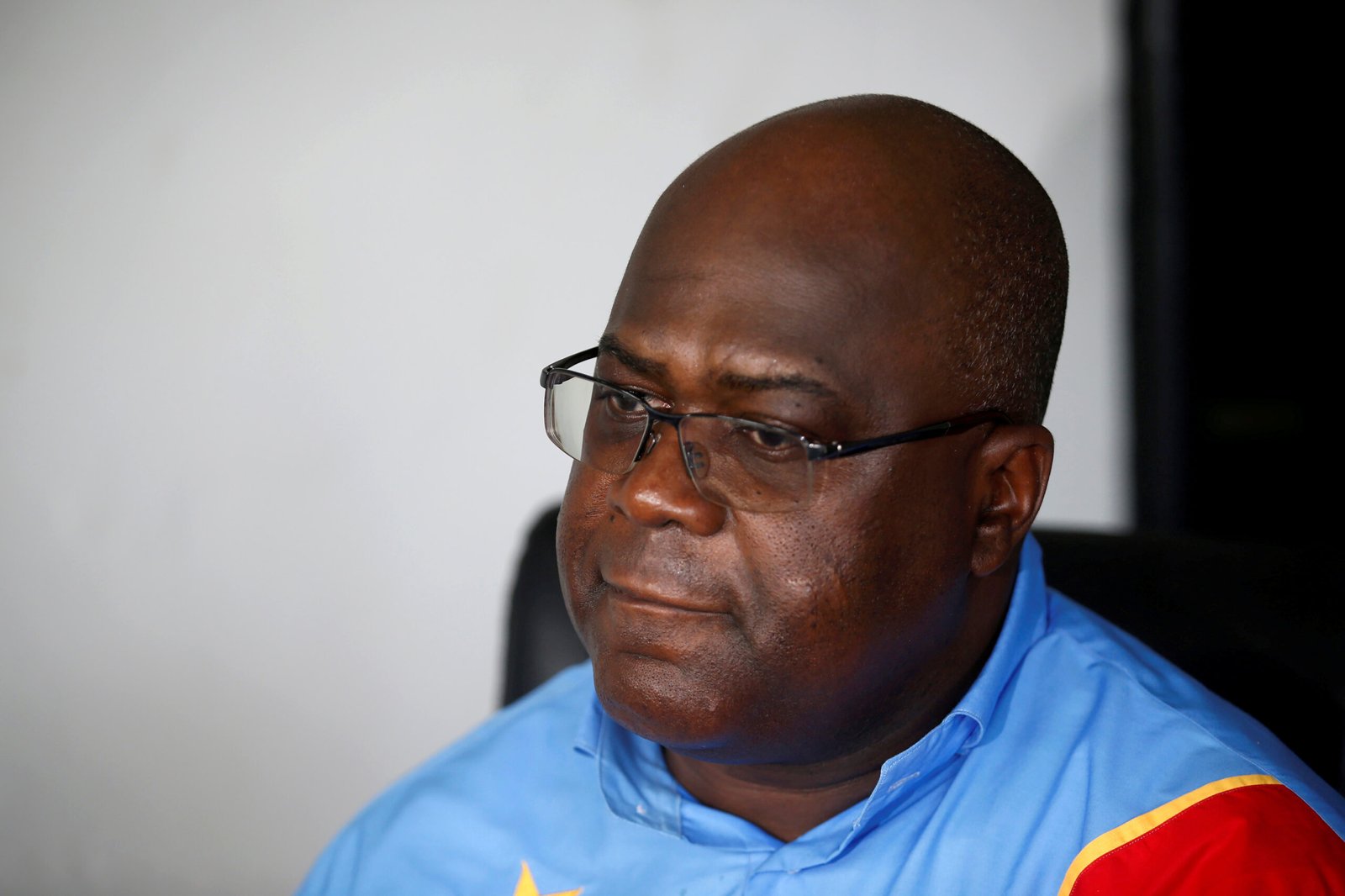The Russian election commission, as reported by TASS news agency on Friday, has identified irregularities in the signature list submitted by anti-war candidate Boris Nadezhdin, who seeks to run against Vladimir Putin in the upcoming election.
While the likelihood of Nadezhdin, aged 60, winning against Putin’s longstanding dominance is low, he has gained popularity among Russians opposing Moscow’s military intervention in Ukraine, termed a “special military operation.”
To secure a spot on the ballot for the March 15-17 election, Nadezhdin requires approval from the Central Election Commission for the signatures submitted by over 100,000 supporters across Russia on Wednesday.
During the commission’s meeting on Friday, Deputy Chairman Nikolai Bulayev disclosed that some supporter lists submitted by candidates contained names of deceased individuals. The presence of dozens of “people who are no longer on this earth” raises concerns about the integrity of the signature collectors and the candidates themselves, according to Bulayev.
Despite low expectations, Nadezhdin has run an efficient campaign, surprising analysts with his outspoken criticism of the war. He labeled Putin’s decision to send troops into Ukraine a “fatal mistake” and expressed his commitment to ending the conflict through negotiations.
The state news agency TASS reported that the results of the commission’s checks on the signatures submitted by Nadezhdin and another candidate, Sergei Malinkovich, will be presented on Monday. As of now, there is no immediate comment from Nadezhdin.
Some analysts speculate that Nadezhdin’s growing profile and anti-war stance may be viewed as an annoyance by Putin. The Kremlin, in the past, has disqualified candidates whose supporters’ signatures were deemed invalid. However, it asserts that Nadezhdin is not seen as a serious rival to Putin, who it predicts will win the election based on overwhelming popular support amassed over more than two decades in power as either president or prime minister.



